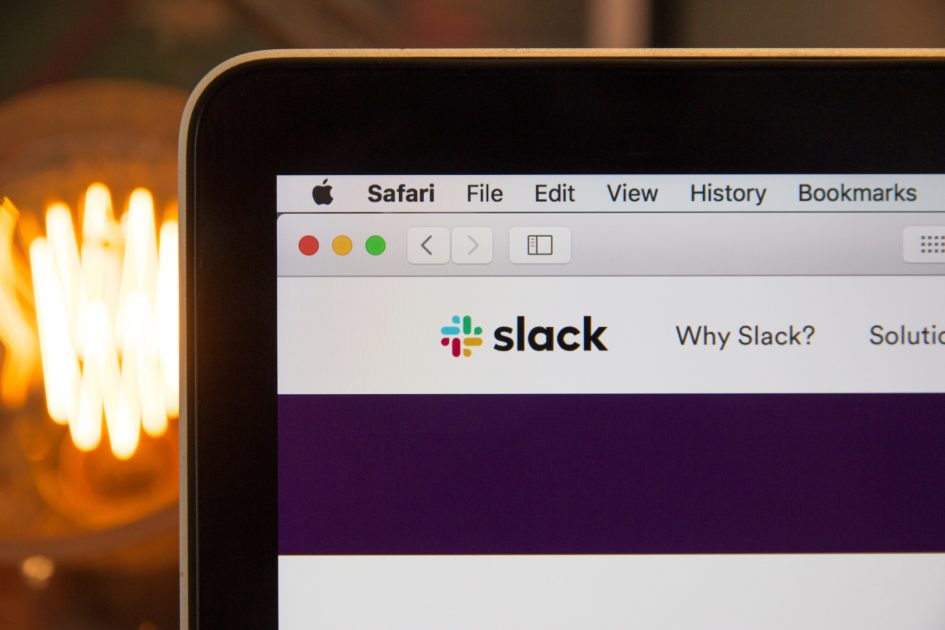Table of Contents
In today’s fast-paced and ever-evolving events industry, staying ahead of the competition requires a flexible and efficient approach to project management. This is where agile project management comes into play. Agile methodologies, originally developed for software development, have gained traction in various industries, including events. This article explores the benefits of agile project management in the events industry, shedding light on its principles, practices, and successful implementation.
Understanding Agile Methodologies and Their Benefits
Agile project management is a collaborative and iterative approach that focuses on delivering high-quality results in a dynamic environment. Unlike traditional project management methods, which rely on rigid plans and strict adherence to predefined requirements, agile methodologies embrace change and prioritise customer satisfaction.
One of the key benefits of agile project management in the events industry is its ability to adapt to the ever-changing demands and expectations of clients and attendees. By using short development cycles, known as sprints, event organisers can continuously improve their projects based on real-time feedback.
Agile Project Management Principles and Practices
Agile project management is built upon a set of principles and practices that guide the project team throughout the development process. These principles include customer collaboration, embracing change, and delivering working solutions incrementally. In practice, agile project management utilises various frameworks, such as Scrum or Kanban, to facilitate effective collaboration and communication.
One of the fundamental practices of agile project management is the use of cross-functional teams. These teams consist of individuals with diverse skill sets and expertise, ensuring that all aspects of event planning and execution are covered. By fostering collaboration and knowledge sharing, agile project management enables teams to work together seamlessly, resulting in improved efficiency and productivity.
How Agile Project Management Enhances Efficiency in Event Planning
Efficiency is a key factor in the success of any event. Agile project management provides several advantages that enhance efficiency in event planning.
Firstly, the iterative nature of agile methodologies allows event organisers to break down complex projects into manageable tasks. By dividing the work into smaller increments, teams can focus on delivering value in shorter time frames, reducing the risk of delays and bottlenecks.
Secondly, agile project management promotes transparency and frequent communication. Through daily standup meetings and regular progress updates, team members can stay informed about the project’s status, identify potential obstacles, and collaborate on solutions. This open communication fosters a sense of accountability and ensures that everyone is aligned towards common goals.
Lastly, agile project management encourages continuous improvement. By regularly reviewing and reflecting on project outcomes, teams can identify areas for enhancement and implement changes accordingly. This iterative approach allows for swift adjustments and optimisations, leading to more efficient event planning and execution.
The Role of Agile Project Management in Event Execution
While efficient event planning is crucial, event execution is equally just as important. Agile project management plays a vital role in ensuring smooth and effective event execution. By utilising agile methodologies during the execution phase, event organisers can quickly adapt to unforeseen circumstances and make real-time decisions to maximise attendee satisfaction.
During the event, agile project management promotes flexibility and responsiveness. If a session or activity is not resonating with attendees, the project team can swiftly adjust the schedule or content to better meet their needs. This agility in event execution allows organisers to deliver a more tailored and engaging experience, leaving a lasting impression on attendees.
Sample Scenarios Where Agile Methodologies Are Applied in Events
To demonstrate the tangible benefits of agile project management in the events industry, let’s look at possible scenarios:
Scenario 1
During the London Business Breakfast, event organisers faced last-minute changes in venue availability, which threatened to disrupt the entire event. However, by leveraging agile project management principles, the project team quickly adjusted the logistics, communicated the changes effectively, and ensured a seamless experience for all participants. The event was a success, with attendees praising the organisers’ professionalism and adaptability.
Scenario 2
During the Madrid Innovation Summit, event organisers found out that allergy restrictions were not factored in by the catering company. During the daily standup right before the event was about to start, this was brought to the attention of the event manager who decided to purchase last-minute food offerings from a nearby restaurant. Affected attendees were sent push notifications telling them to claim their meals from a specific stand. The crisis was averted due to the organising team’s focus on efficiency and their ability to adapt to change.
Challenges and Potential Solutions in Adopting Agile Project Management in the Events Industry
While agile project management offers numerous benefits, its implementation in the events industry is not without challenges. One common challenge is resistance to change.
Traditional project management methods may be deeply ingrained in the industry, making it difficult for some teams to embrace agile methodologies. To overcome this challenge, education and training programs can be implemented to help event professionals understand the value and potential of agile project management.
Another challenge is the need for effective communication and collaboration. Agile project management relies heavily on cross-functional teams working together seamlessly. However, in the events industry, teams often consist of individuals from different organisations or departments, making collaboration more challenging. Implementing collaborative tools and establishing clear communication channels can help overcome these barriers and foster effective teamwork.
Tools and Technologies to Support Agile Project Management in Events
Several tools and technologies can support the implementation of agile project management in the events industry. Here are a few examples:
1. Project management software: Tools like Jira, Trello, or Asana allow teams to create and manage tasks, track progress, and facilitate collaboration in an agile environment.
2. Communication platforms: Platforms like Slack or Microsoft Teams provide instant messaging, file sharing, and video conferencing capabilities, enabling seamless communication and collaboration among team members.
3. Event management platforms: These platforms, such as Eventscase, offer features specifically designed for event planning and execution, including attendee registration and ticketing.
Conclusion: The Future of Agile Project Management in the Events Industry
As the events industry continues to evolve, agile project management will play a crucial role in boosting efficiency and success. Its ability to adapt to changing requirements, enhance collaboration, and deliver value incrementally makes it a valuable approach for event professionals.
About Eventscase
The Eventscase platform helps event organisers manage corporate events, conferences, and trade shows, whether large, small, in-person, hybrid, or virtual. No technical skill is required at all. Anyone can create beautiful event websites, registrations, badges, perform check-ins, event apps, 1:1 meetings and more. Everything under the brand and domain of your company can be implemented with an Eventscase whitelabelled platform.
If you would like to subscribe to our newsletter to get live updates on everything related to our platform – news, blogs, events, announcements and much more, please, register here.




